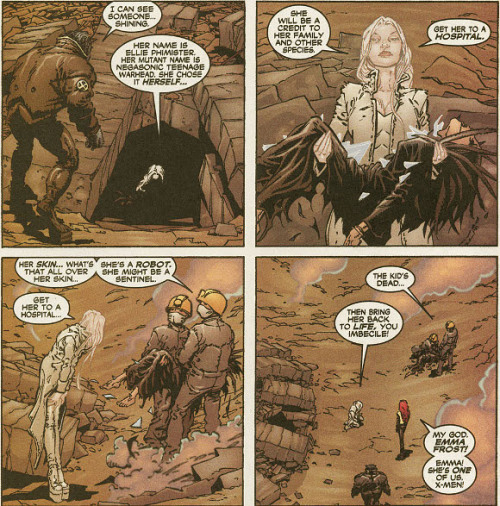Just once, I'd like to see someone on the Right "take a courageous stand" against someone who has more money and more power than they do. (Yelling at a president who won't or can't hit you back is not the same.)
Andrew Shirvell, former Assistant Attorney General for the State of Michigan, was ordered to pay 4.5 million dollars to Chris Armstrong for "defamation" after repeatedly libeling and indeed, stalking Armstrong on campus.
Shirvell (a name worthy of Dickens) calls the decision "a clear violation of my first amendment rights", although the harassment occurred while Shirvell was an Assistant Attorney General and the person he persecuted was a student council president. It seems to my untutored eye that Armstrong was the one whose rights of speech and assembly were being breached by this self-appointed Javert.
On the other side of the world, the power of the Russian state is sending Pussy Riot up the Volga for two years-- hard time for women with small kids. "Hooliganism motivated by religious hatred" was the charge, although the BBC says it was a protest against Putin and the Russian government. Religious hatred was indeed the motive for Shirvell's crimes here: homophobia inspired abuse of government power, bearing false witness, and stalking twinks without a license.
I don't know why the performance artists staged their protest in a church. I'm guessing that Russians have a... complicated relationship with the Orthodox Church; sometimes the church shelters the people, sometimes the church licks the ass of the powerful. Their reasons are above my pay grade.
I doubt that orders came down from the top to punish these upstarts. More likely, somebody decided that Vladimir the First would be displeased, naysayers must be punished and loyalists will be rewarded. Maybe Putin will issue the girls a pardon in a couple of months: a wink from a crocodile, his whispered "I could hurt you but I won't."
The two cases are funhouse mirrors. The Russians are still acting out the psychodrama of a culture that jumped from the Middle Ages to the Industrial Revolution with no Enlightenment in between. Here, a bigot on the government payroll was told to sit his silly ass down, and he refused to listen.
The recent flood of complaint about a gay / liberal / feminist / immigrant / socialist / elitist/ (who's left?) agenda is nothing more than the complaint of an entrenched bully squalling because someone slapped back. The right is going to whinge that the Shirvell decision makes us worse than Russia, but here, it was the person in power that was told to back off.
 (And some days it takes more Stones than others...) Where Mythical Bestiary meets Contemporary Culture and Chews On Its Leg Until Covered with Slobber.
(And some days it takes more Stones than others...) Where Mythical Bestiary meets Contemporary Culture and Chews On Its Leg Until Covered with Slobber.




